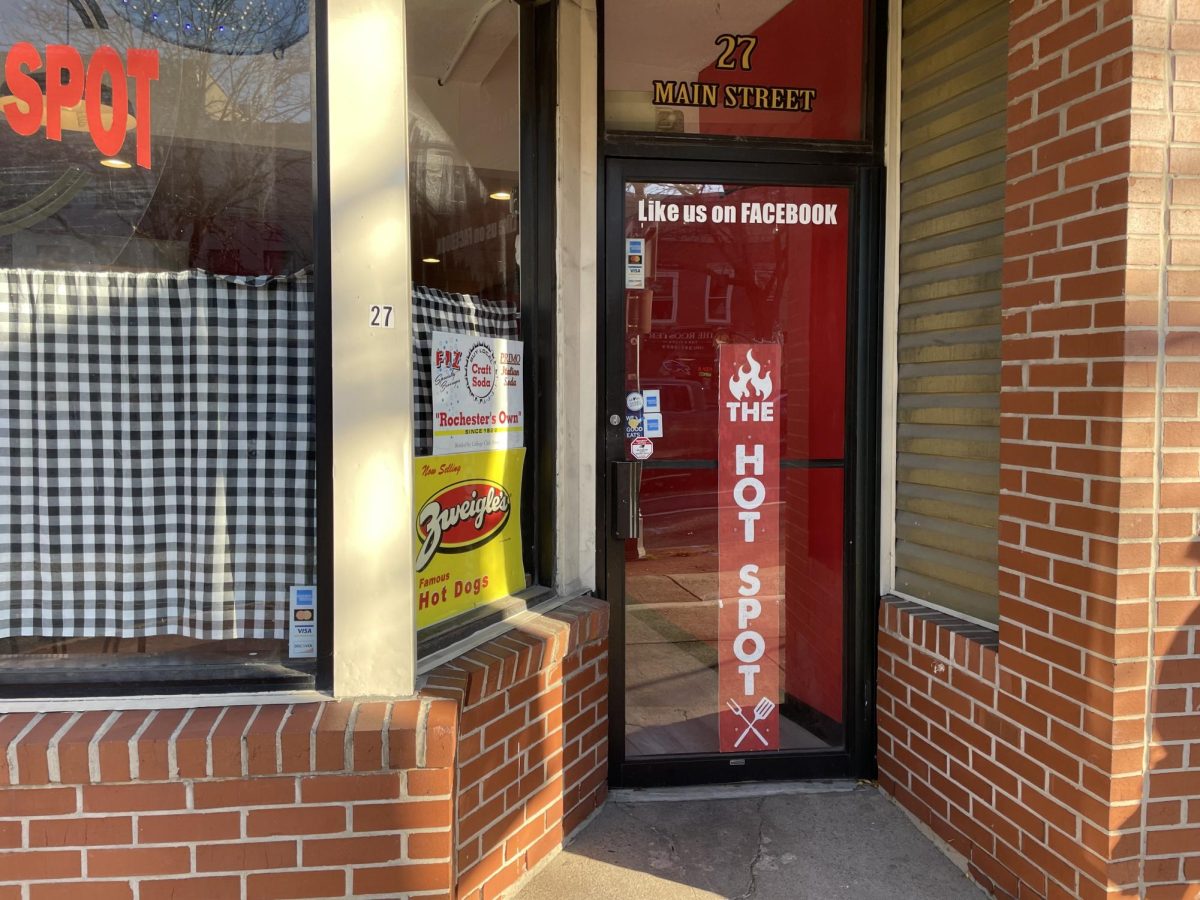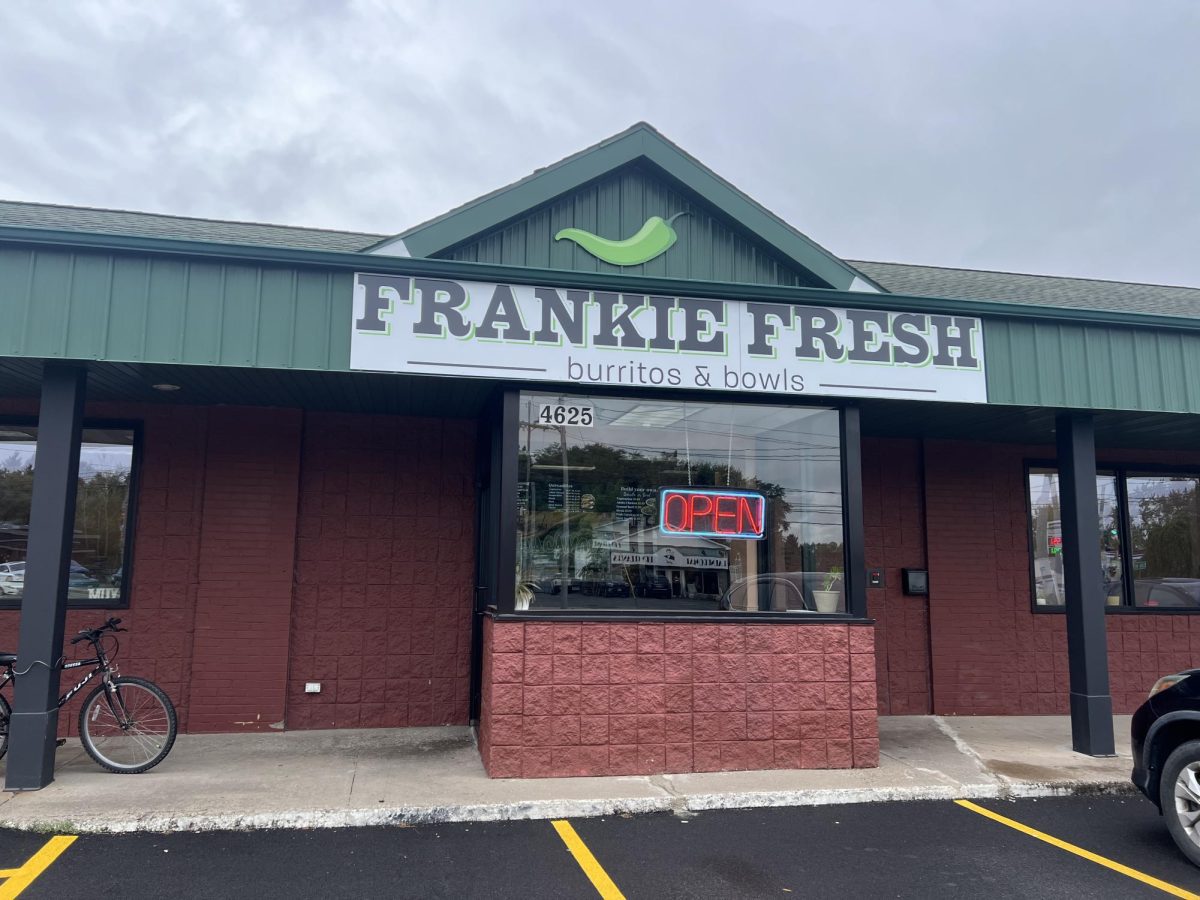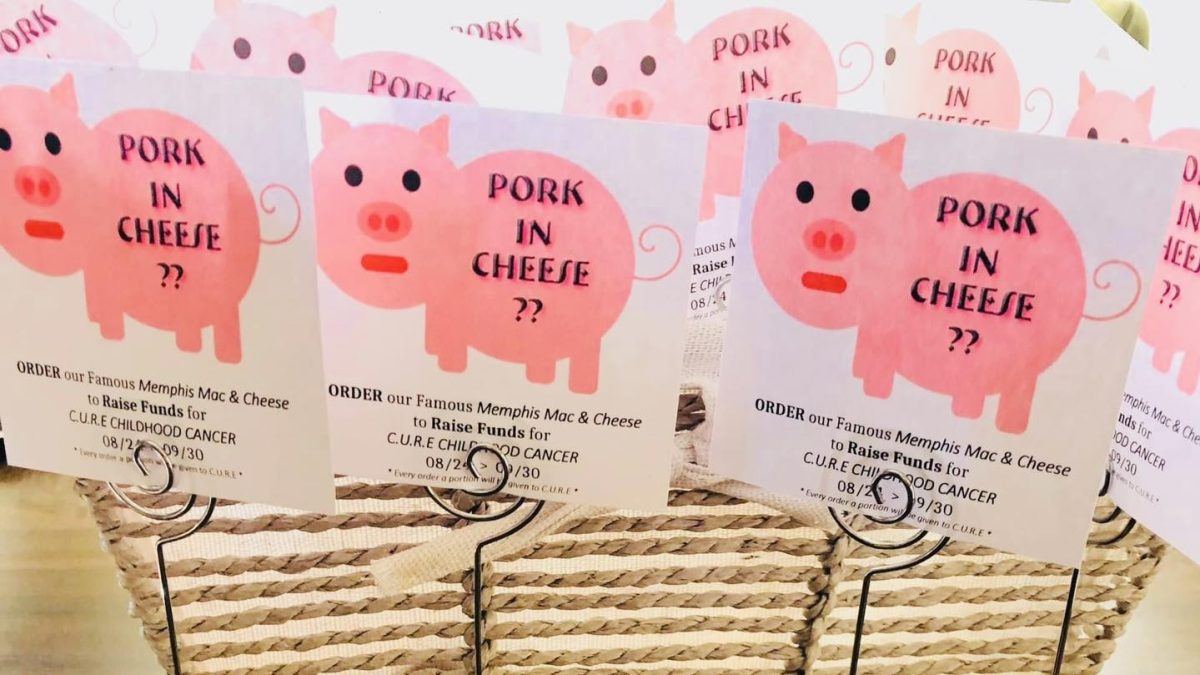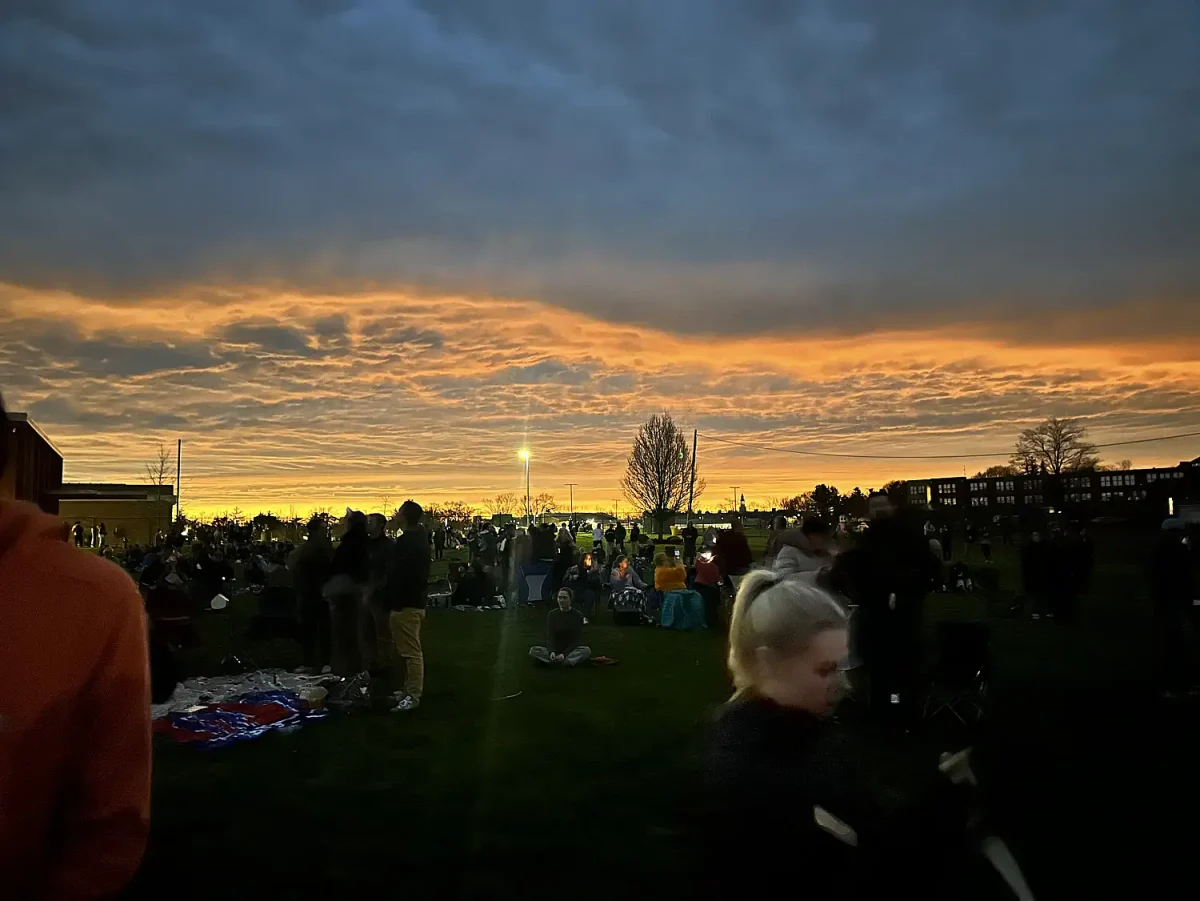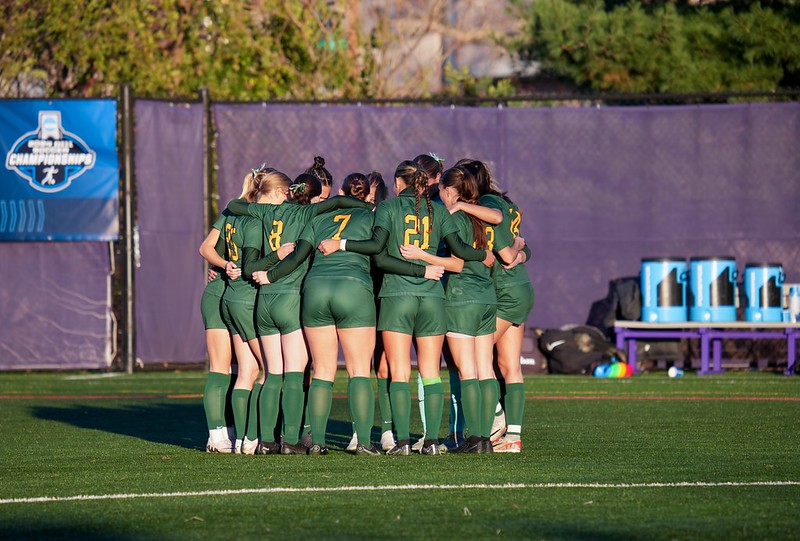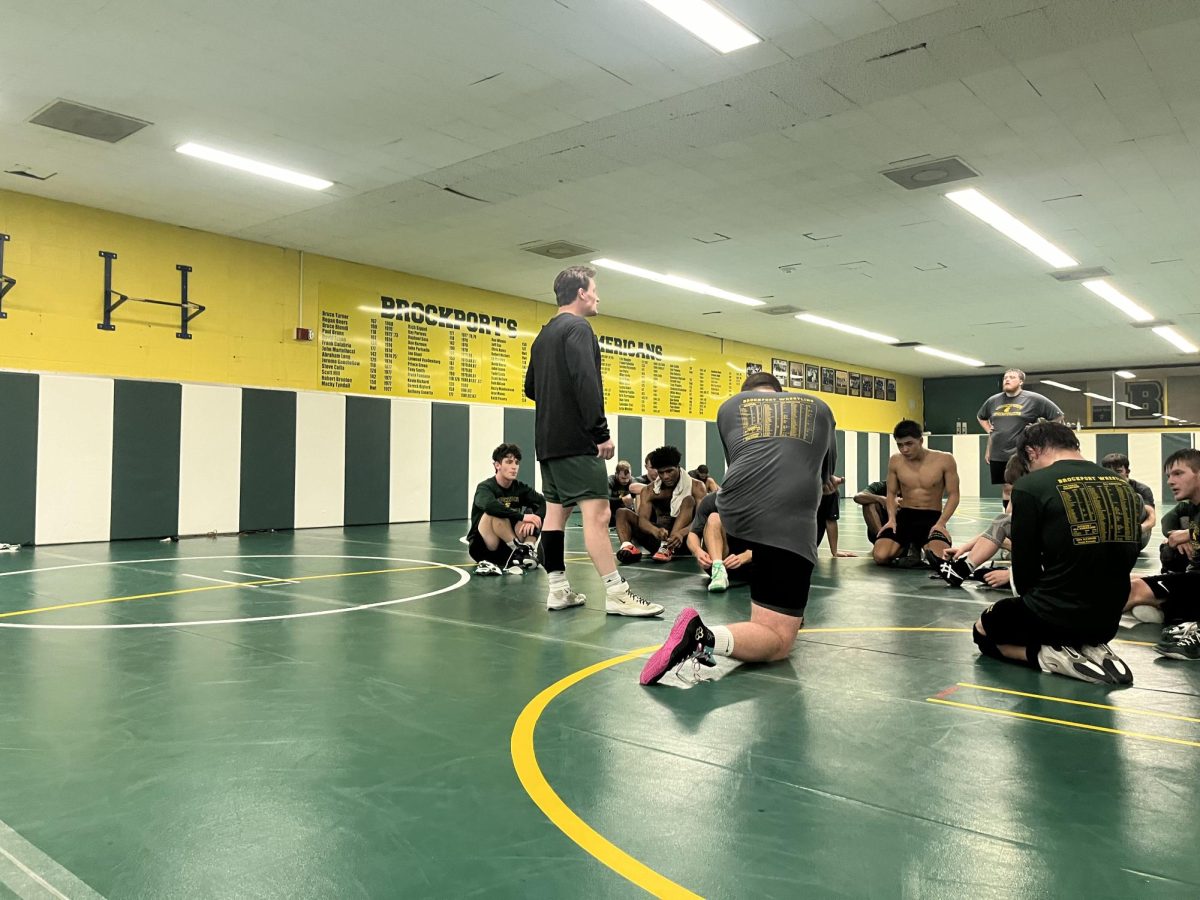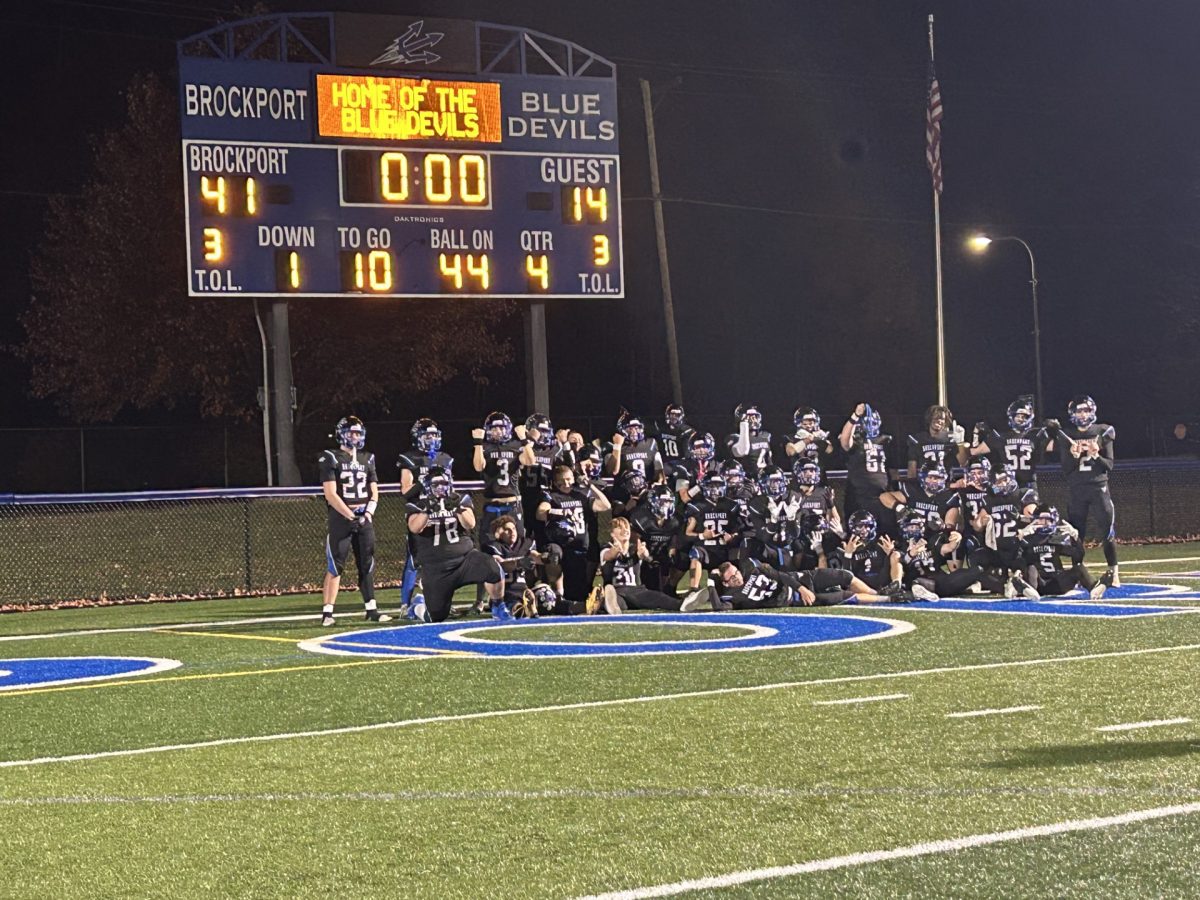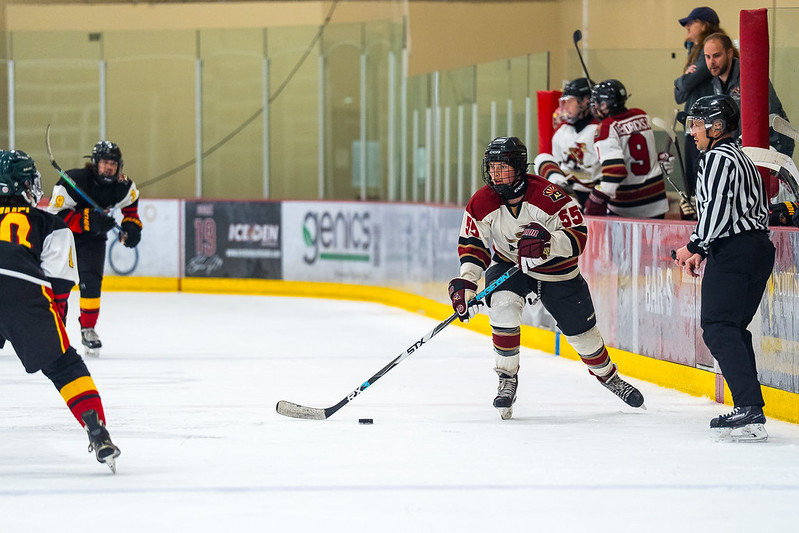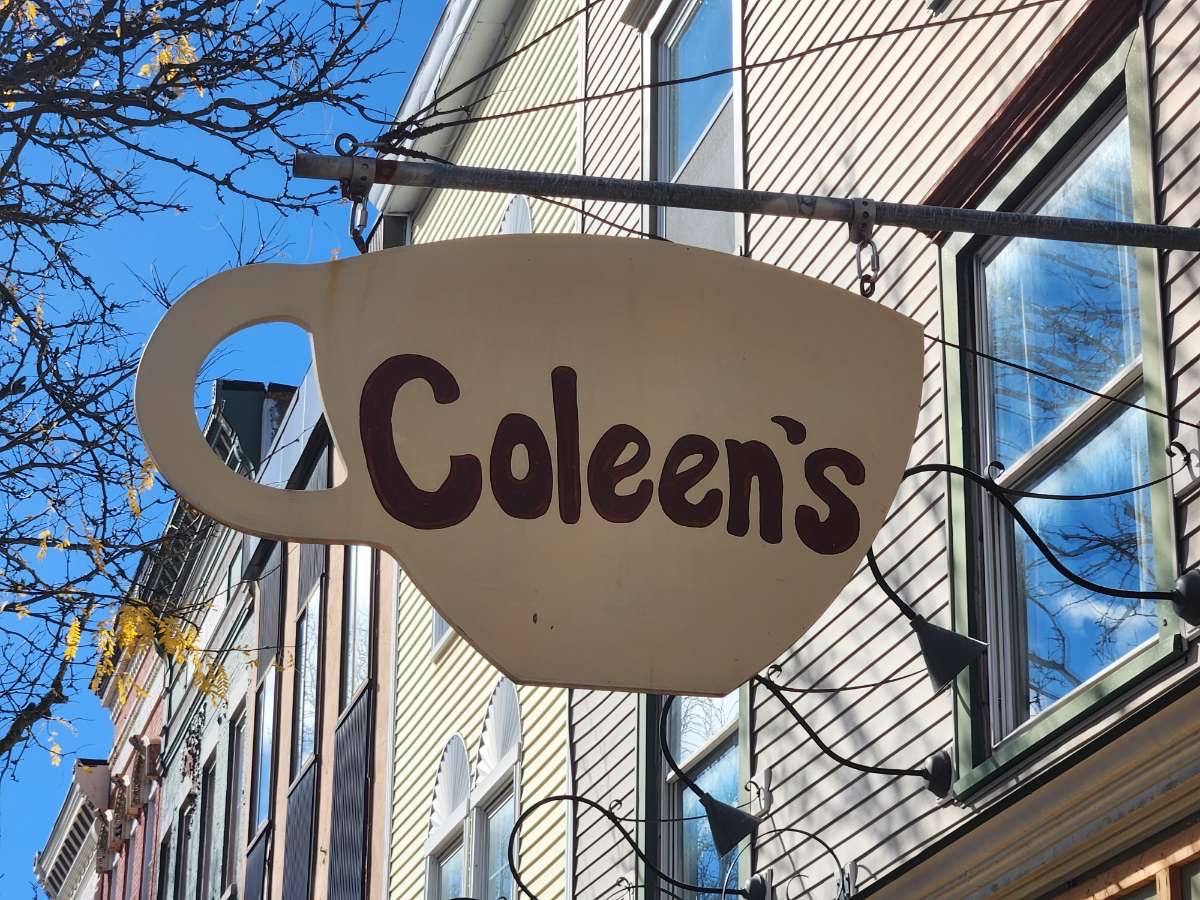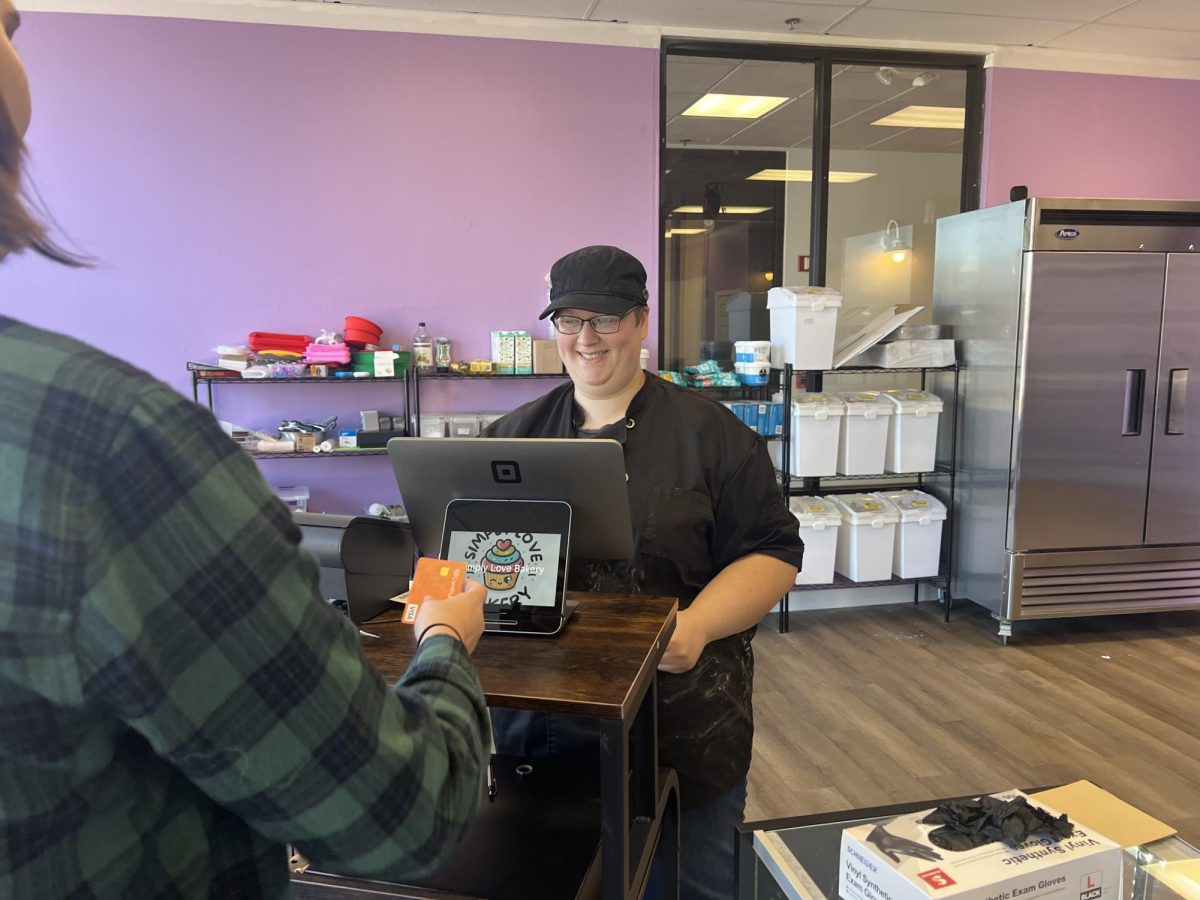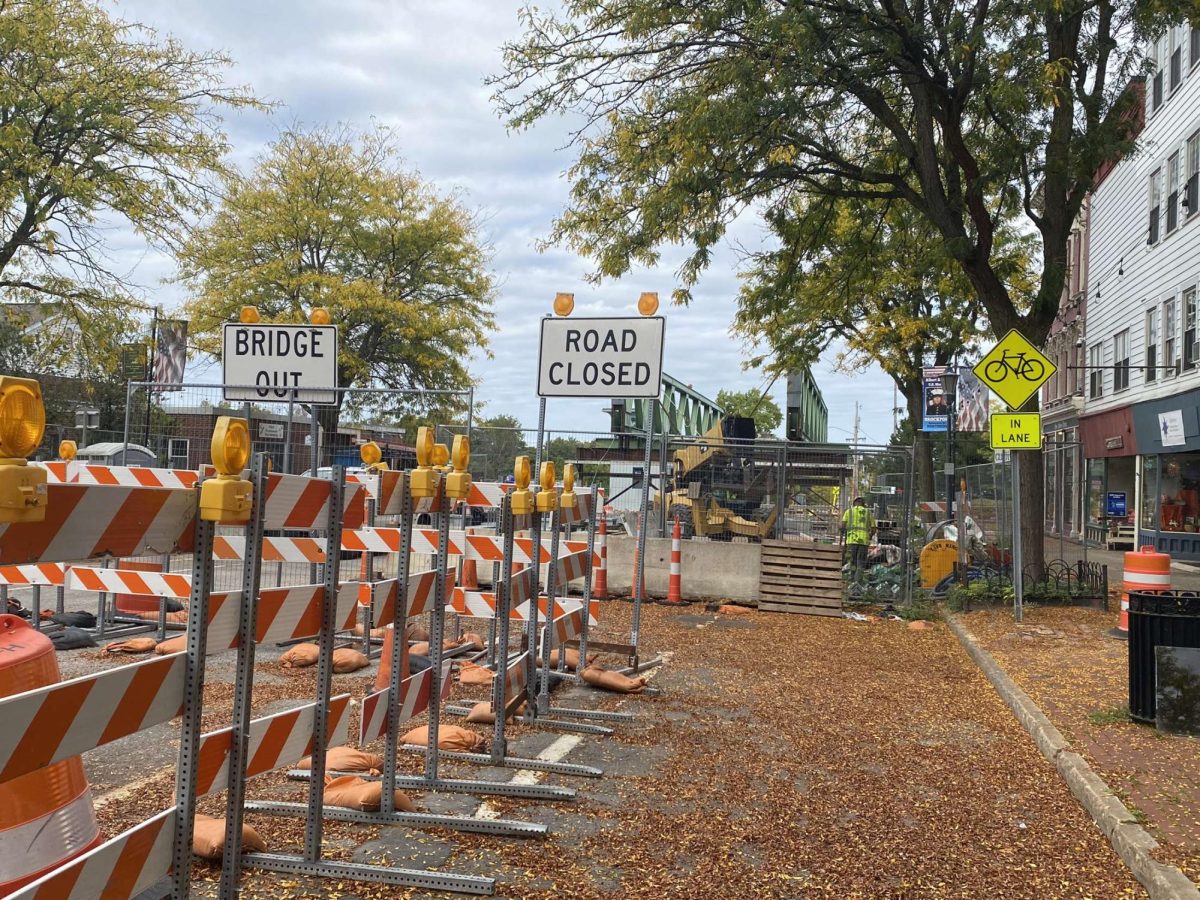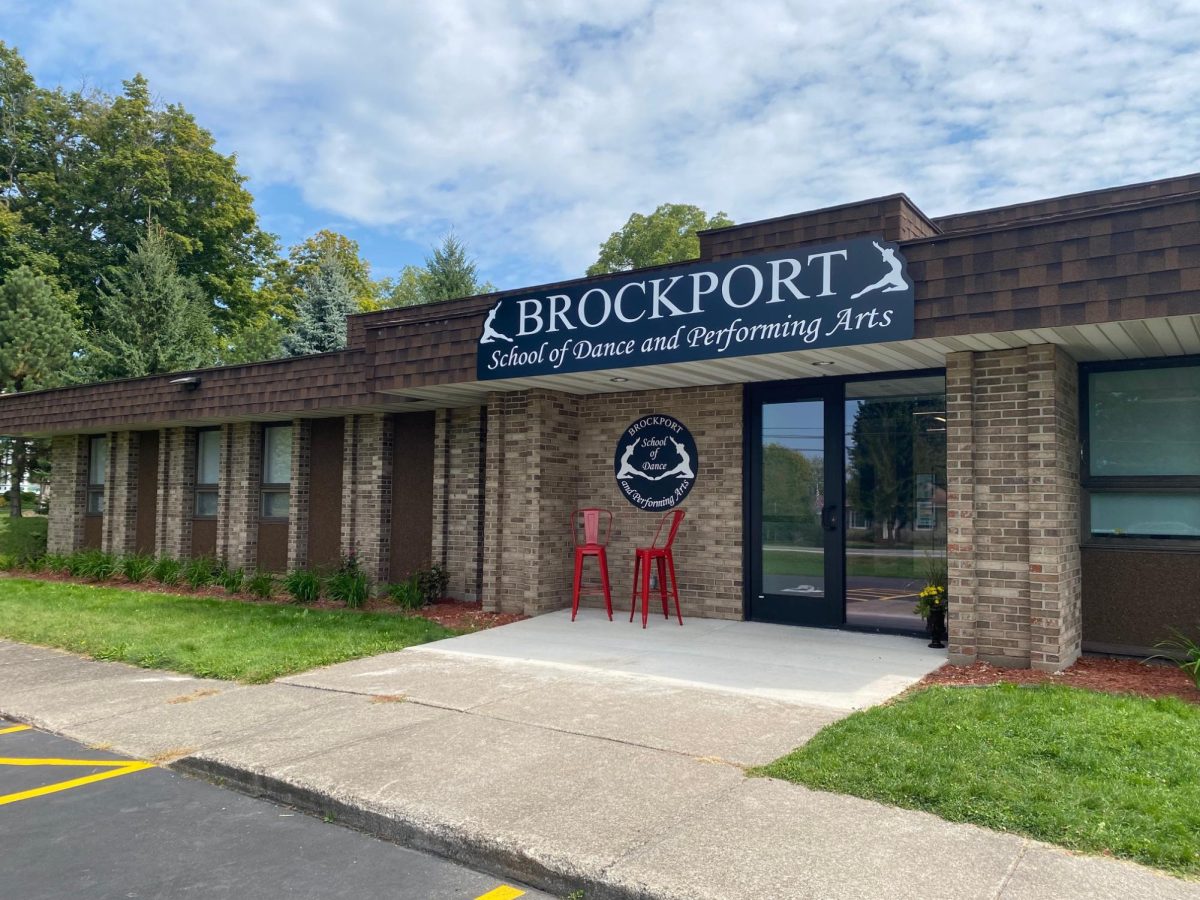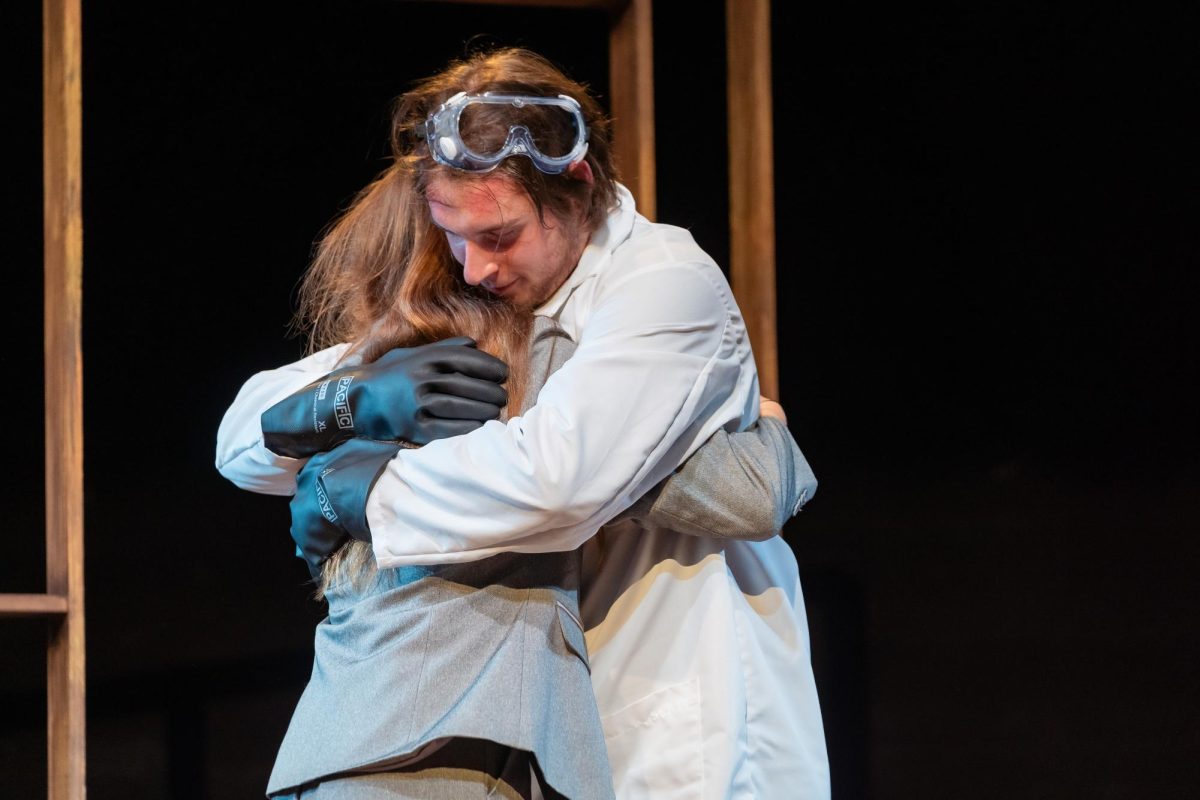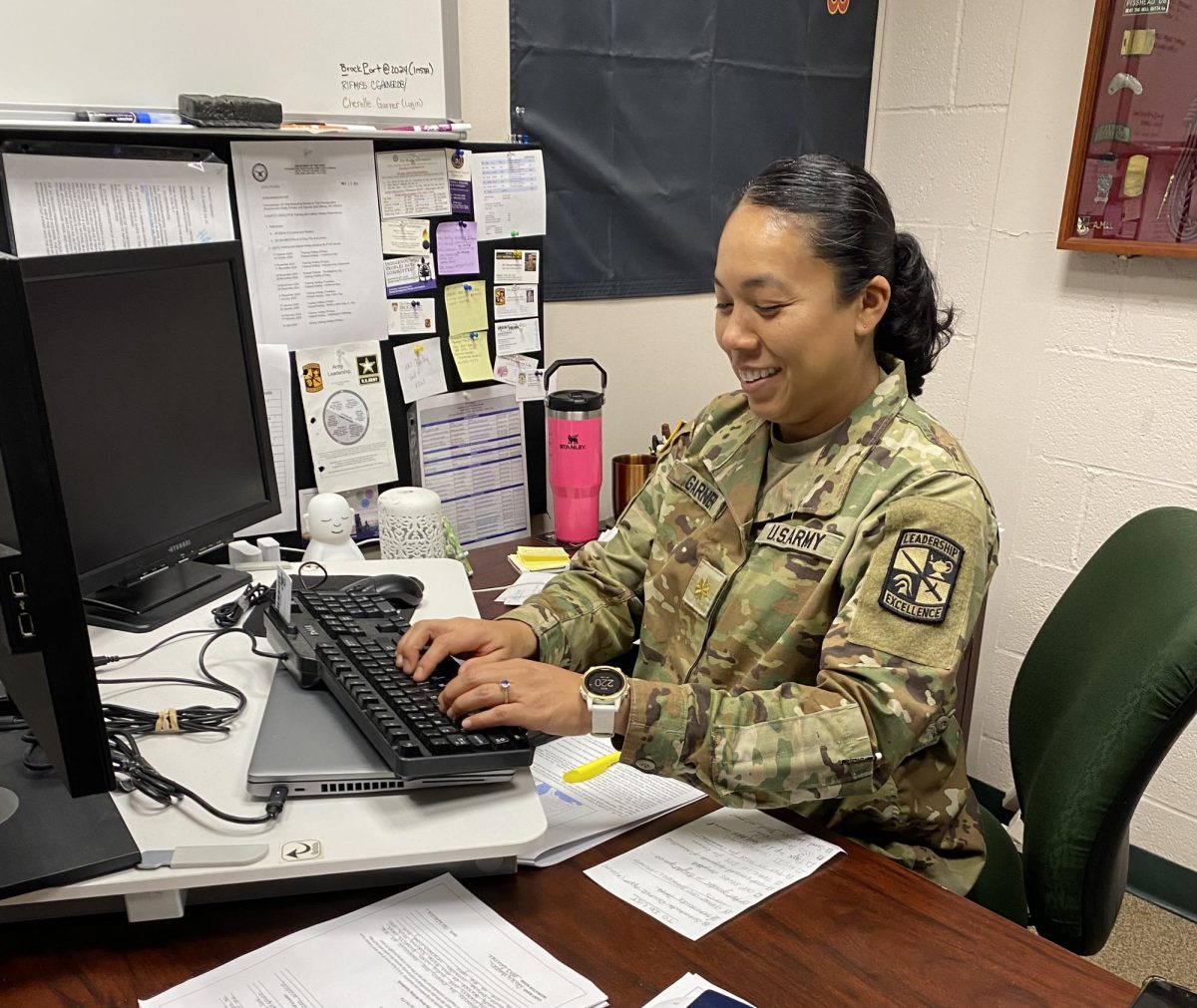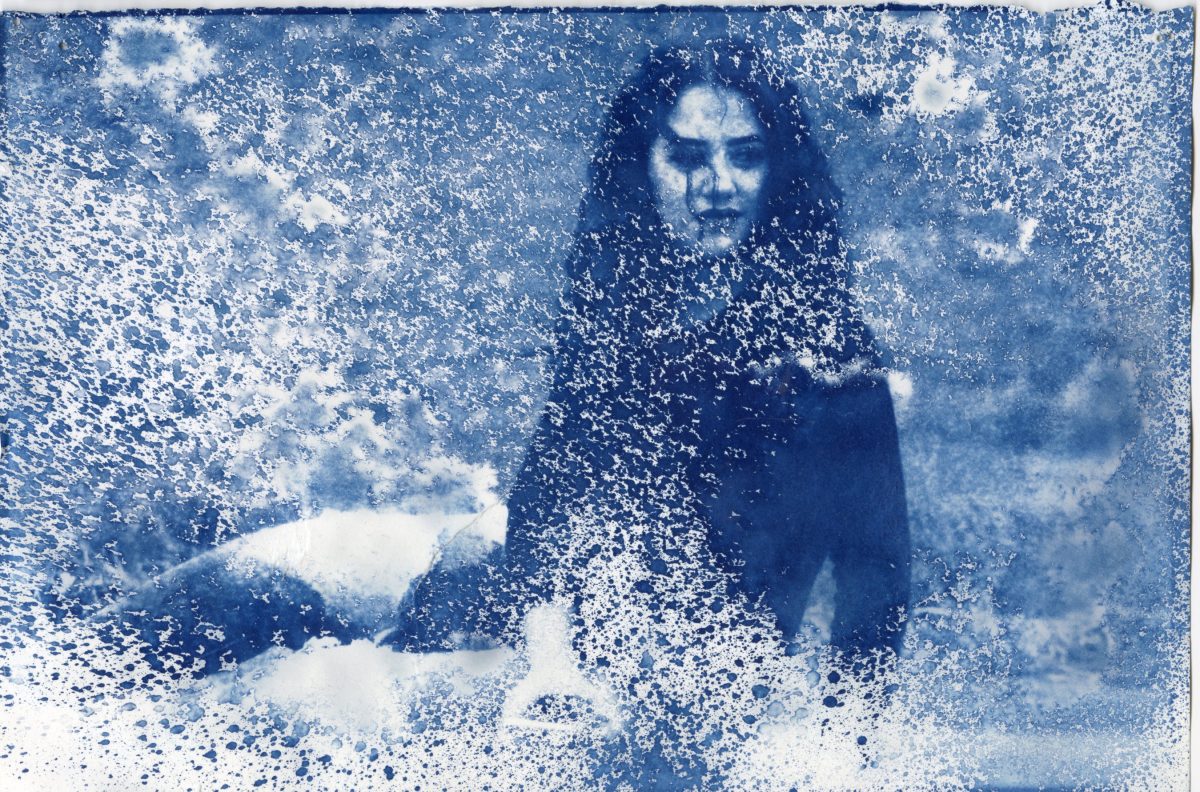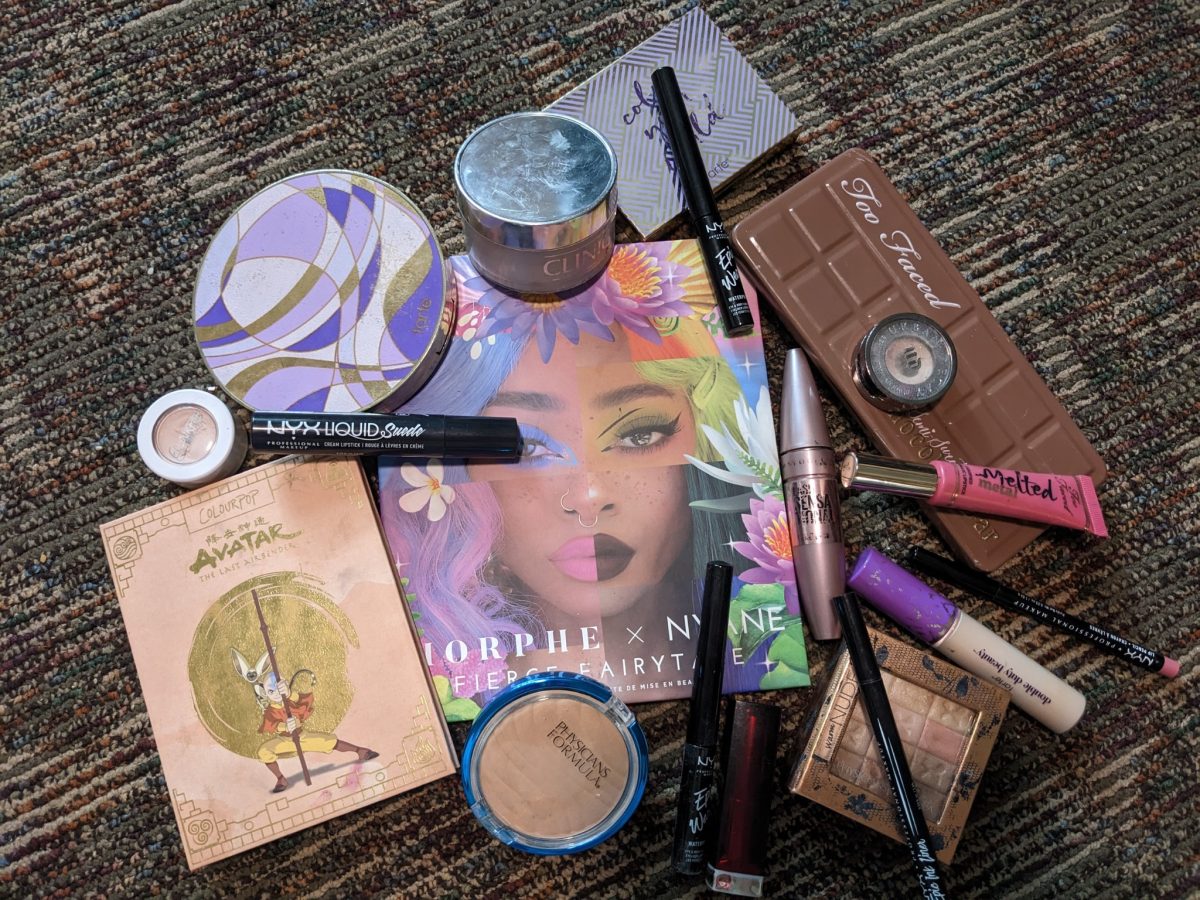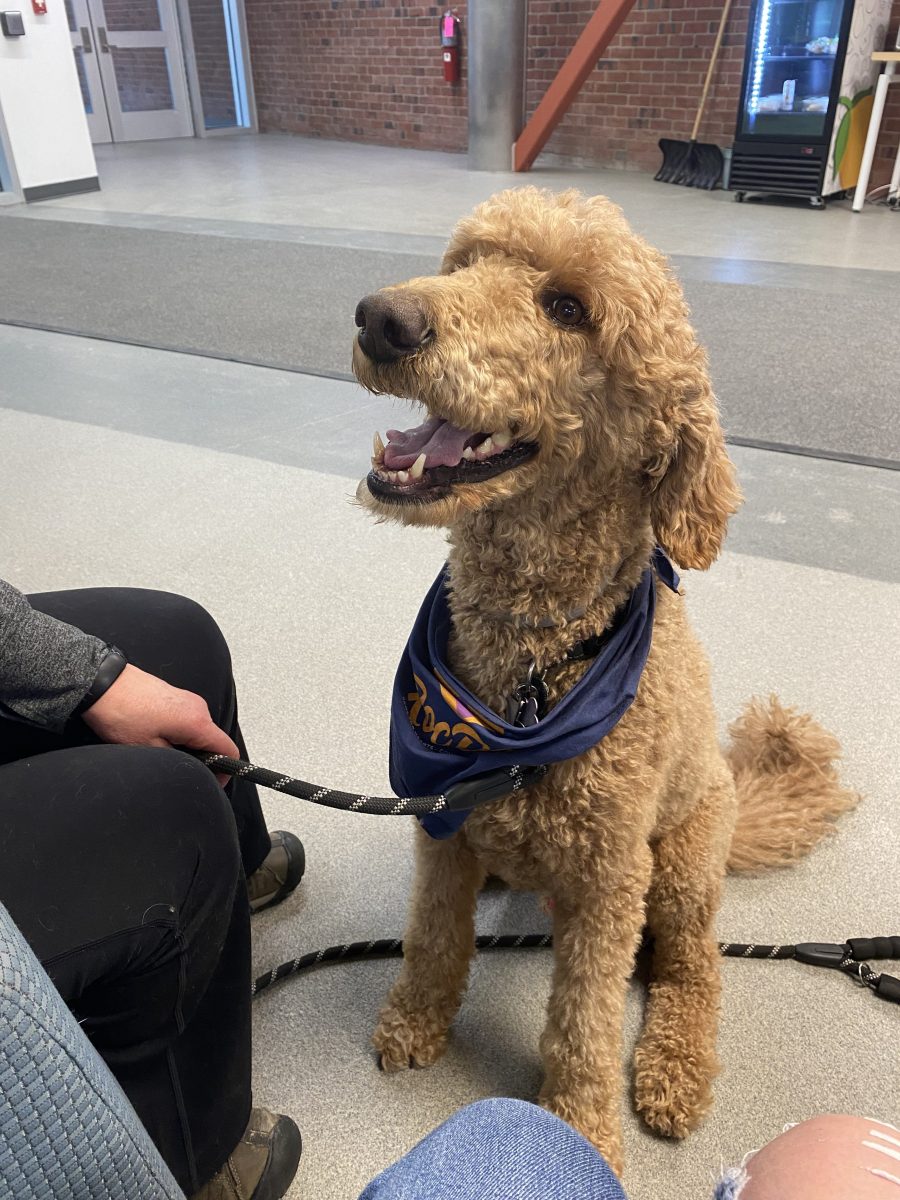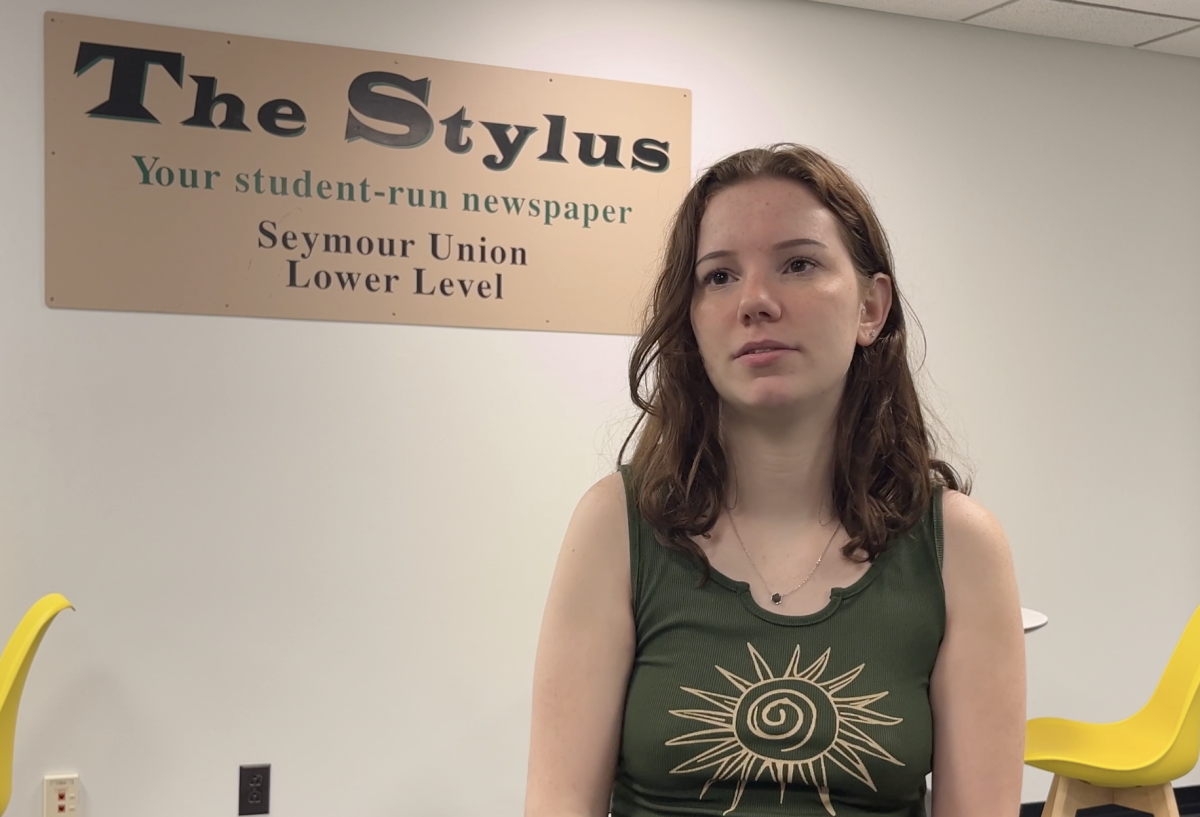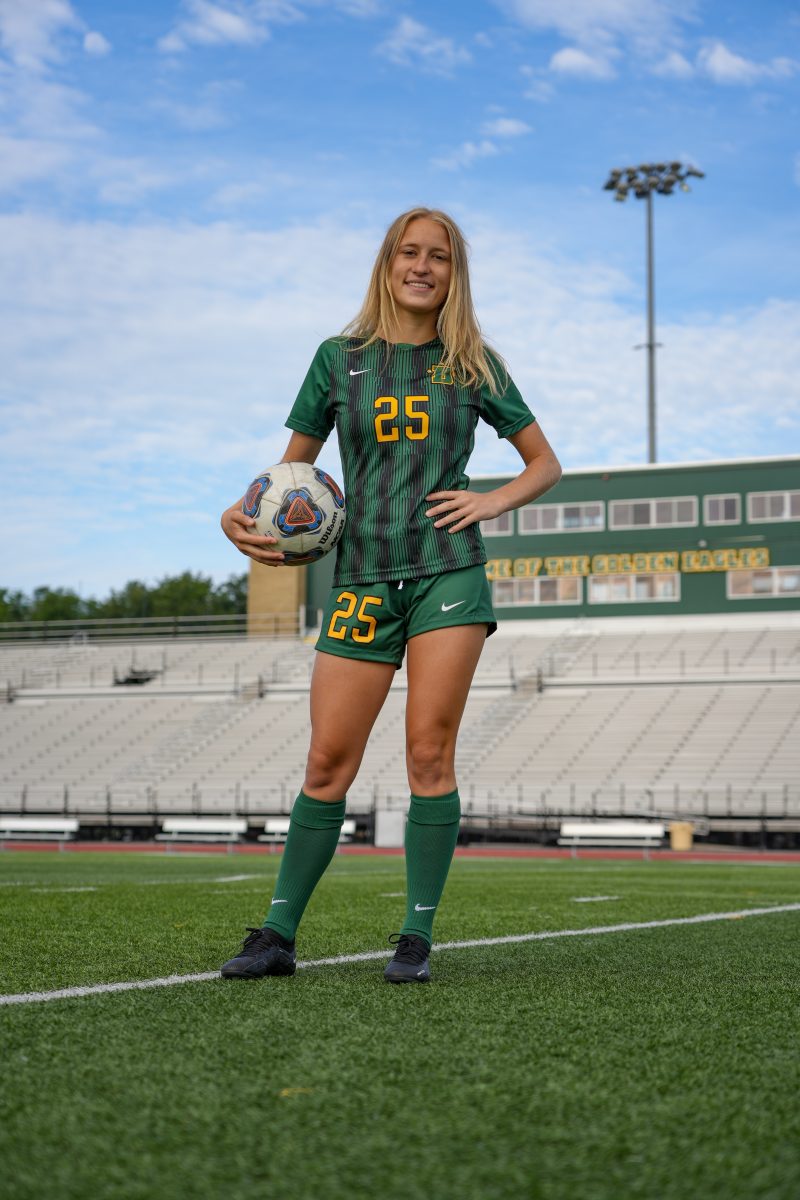Indigenous communities across the United States have been fighting to preserve their cultural heritage and protect their land for centuries. Despite slow progress, their fight is far from over.
Elsie Logan is a communications major at SUNY Brockport and a member of Seneca Nation. Family has always been a top priority for Logan, and she has always felt a natural pull and connection to her heritage.
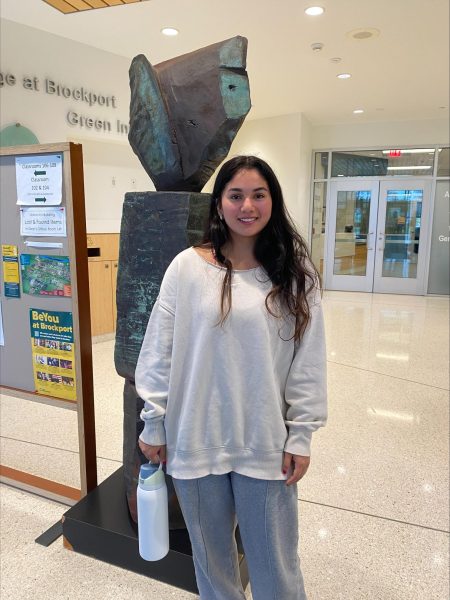
“And I feel like I’ve had a really supportive and, like, big, nice, supportive family. So family has always been like a huge thing for me growing up,” Logan said.
Her family has played an essential role in shaping who she is, both personally and culturally. This strong familial foundation remains a source of strength for Logan, especially as she navigates the complexities of balancing her Indigenous identity with the demands of college life.
“That’s definitely something I’ve struggled a lot with, but something I’m still trying to figure out. Like, especially being so close to home where I can, if I really needed to, I could go back,” Logan said when asked how she balances her culture in a mainstream society.
While Logan maintains a strong connection to her heritage back home, she also acknowledges the progress that SUNY Brockport has made in recognizing and appreciating Indigenous culture.
“I know they’ve definitely been, like, doing better and like putting in the work. So, like, that’s good. But I also know my professors have been really understanding when I’ve needed to miss for ceremonies or stuff like that,” Logan said “So I think, like, on the aspect of the professors, they’ve been pretty good with understanding that, like, sometimes I can’t be there.”
While SUNY Brockport has made significant progress in recognizing Indigenous culture and communities, Elsie Logan believes that Native American Heritage Month remains vital for further acknowledging Indigenous history and traditions.
“I think it’s important because a lot of people might not know things, and so during this month there’s obviously a lot of learning going on, so people who are unaware of certain things can learn and become more educated,” Logan said.
Neil Keating is an Associate Professor of Cultural Anthropology at SUNY Brockport with a strong passion for human rights and Indigenous studies. His work, including his involvement in the Gray Miller Project, reflects on his passion for advocating for Indigenous communities and preserving their heritage and histories in a modern world.
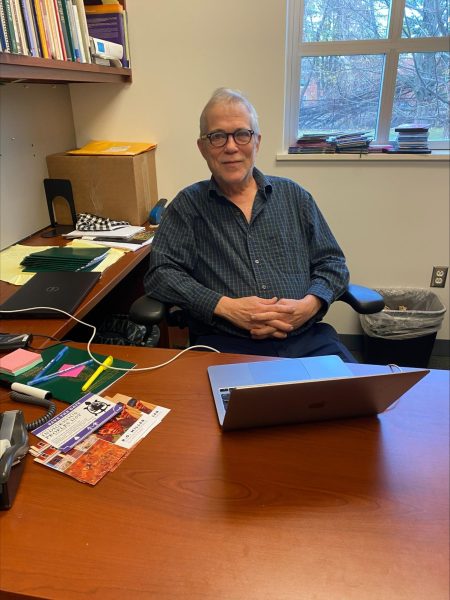
“I’ve been interested in human rights for a long time,” Keating said “Also, while I was doing my anthropology degree, while I was a doctoral student, I also worked full-time at a small museum near Albany. It’s called the Iroquois Indian Museum, so I was the curator there and the sort of main researcher.”
Keating is also closely following the debate in New York State over changing Columbus Day to Indigenous Peoples’ Day. “The New York State government is currently debating and looking at changing the official state holiday that has been known as Columbus Day to Indigenous Peoples Day, and that hasn’t been passed yet.”
This issue also resonates with many Indigenous people, including Cherelle Garner, a member of the Navajo Nation and U.S. Army service member. For Garner, raising awareness and educating others are two of the most important steps in Indigenous advocacy.
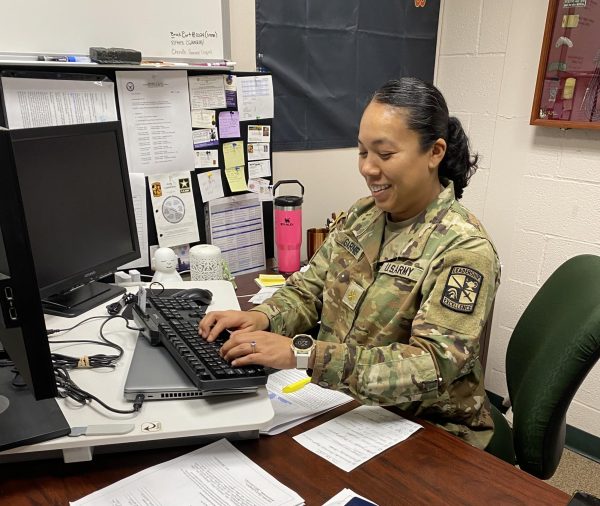
For Garner, understanding the full history of the country and addressing its painful truths are essential to moving forward. “I think what’s really important for me is just, you know, understanding the history of the country and being able to, you know, bring forth some truths and reconciliation in certain areas, because it’s a very tragic truth, but there’s resilience in it,” Garner said.
Her resilience is evident not just in how she reflects on the past but in how she plans to shape the future. “We’ve thrived despite, you know, some of the historical things that have happened to us. But learning moving forward and how it impacts me now is through advocacy and just knowledge,” Garner explains.
The work of raising awareness and advocating for change is far from over. Yet, through persistence and collective action, there is hope for a more inclusive future where Indigenous voices are heard and their histories and cultures are recognized.

